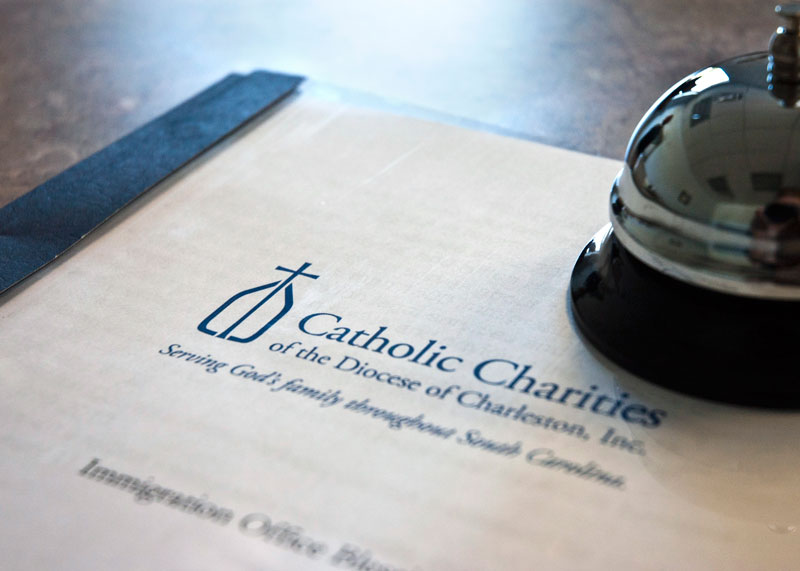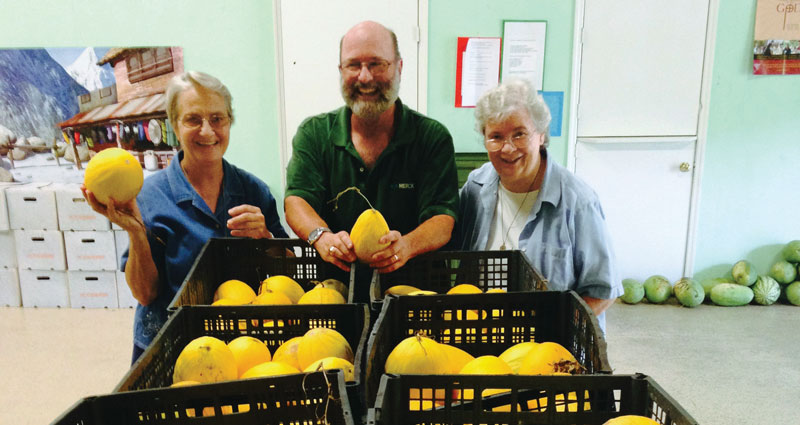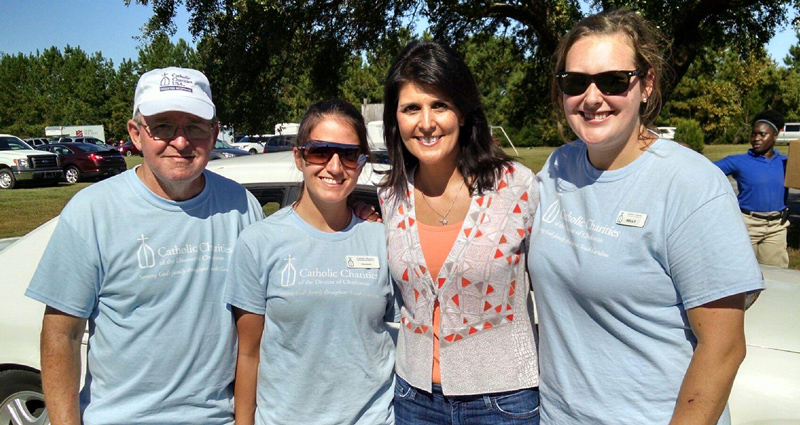
CHARLESTON—The COVID-19 pandemic has presented decreases in social interactions among friends and family, decreases in travel, and decreases in public outings, events and attendance at church. Support that can be vital to our well-being has been deemed unsafe.
These “decreases” have had a direct effect on a particular “increase” that has medical professionals and religious leaders concerned. That increase is in alcoholism.
According to Nielson reports, alcohol sales in stores were up 54% in late March of 2020 compared to the same time the previous year, and online alcohol sales were up nearly 500% in late April of 2020.
As the pandemic dragged on, the alcohol abuse continued.
Roper St. Francis Healthcare helped promote the idea of “Dry January” last month as a way to bring attention to and counteract the alcohol epidemic during the COVID-19 pandemic.
Personally, for Dr. Valerie Scott of Roper St. Francis Physician Partners, she has never seen alcohol consumption so high among her patients.
“We conduct a survey with every patient and we compared the same patients’ answers about alcohol use from previous years. We noticed that nearly all patients have doubled and tripled their use,” she explained. “People have expressed that they are worried about their drinking.”
Dry January is meant to give people a reboot moving into the new year and Dr. Scott said the concept is nothing new.
“In the past, it was in reaction to the merriment of the holidays, but in 2021, it has taken on a whole new meaning,” she said.
COVID-19 trends that could have led to increased alcohol abuse include job loss, increased time at home, boredom, and isolation.
Joely Leguizamon, site administrator of Our Lady of the Valley Catholic Center in Gloverville, a ministry of Catholic Charities, said, “We have had a few clients who have opened up about their struggle with alcohol abuse. Some of them have been able to get sober for a while but have fallen back to their old, bad habits.”
“I have witnessed how alcoholism or alcohol abuse can affect a person’s life in every sense,” Leguizamon went on to say. “We see marriages and members of the nuclear family at risk of physical, mental and emotional abuse, and household finances in precarious situations” plus, interpersonal relationships can deteriorate, which creates more isolation and aggravates the situation.
Dr. Scott reiterated that depression is a direct link to alcoholism. She also cited the detrimental impact it has on other medical issues, such as cancers of the colon, liver, esophagus, rectum and breast. Not to mention the weight increase from the high amount of sugar and calories in alcoholic beverages and the disruption to sleep patterns.
Both Dr. Scott and Leguizamon stress that support can help people address alcohol abuse.
“I have seen how, with the necessary support and follow-up from people who are willing to help, that even the most difficult cases are overcome,” Leguizamon said. “Prayer and the power of knowing that you are loved by God even at your worst can be a life-changing experience as well. Alcoholism affects so many, and often those who suffer are, unfortunately, carrying their cross in silence.”
If you or someone you know suffers from alcoholism, Catholic Charities of S.C. offers Sister Hope, a free and anonymous chat service, available 24/7, that provides encouragement and strategies on how to manage everyday stress and anxiety, and general emotional and mental support. Visit charitiessc.org for more information.



